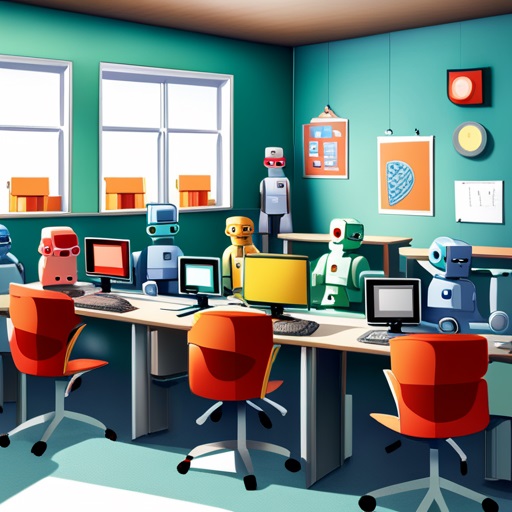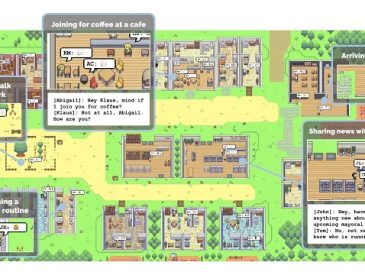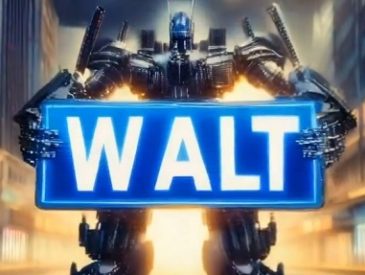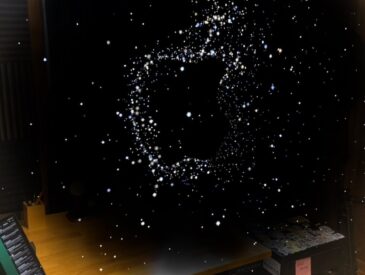Nvidia Research has recently made an exciting breakthrough in the field of robotics with the development of a new AI agent called Eureka. Powered by OpenAI’s GPT-4, this innovative agent has the capability to autonomously train robots in complex tasks, opening up new possibilities for the future of robotics.
The announcement from Nvidia Research has generated significant buzz in the AI and robotics communities. The Eureka AI agent combines the power of Nvidia’s advanced technology with the language processing capabilities of GPT-4, resulting in a formidable tool for training robots.
Traditionally, training robots to perform complex tasks has involved extensive programming and manual intervention. However, Eureka changes the game by leveraging the capabilities of GPT-4 to generate algorithms automatically. This means that robots can now learn complex skills without the need for explicit coding or human intervention.
The impact of this development is far-reaching. With Eureka, robots can be trained to perform a wide range of tasks, from simple actions to intricate maneuvers. The autonomous nature of the AI agent allows for continuous learning and improvement, ensuring that robots can adapt and refine their skills over time.
One of the key advantages of Eureka is its ability to teach robots through rewards. By providing feedback and reinforcement, the AI agent can guide robots in understanding the desired outcomes and optimizing their performance. This reward-based training methodology enables robots to learn more efficiently and effectively.
The implications of Eureka extend beyond the realm of industrial robotics. As robots become increasingly integrated into our daily lives, their ability to learn and adapt becomes crucial. With the autonomous training capabilities of Eureka, robots could be trained to assist with household chores, provide healthcare support, or even serve as companions.
Nvidia’s collaboration with OpenAI’s GPT-4 further highlights the importance of partnerships in advancing AI technologies. By leveraging the strengths of both companies, Eureka showcases the potential for AI agents to revolutionize the field of robotics.
The development of Eureka represents a significant step forward in the quest for more capable and intelligent robots. As Nvidia Research continues to push the boundaries of AI and robotics, we can expect to see further advancements that will shape the future of automation and human-machine interactions.
In conclusion, the unveiling of Nvidia’s new AI agent, Eureka, marks a major milestone in the field of robotics. Powered by OpenAI’s GPT-4, Eureka has the ability to autonomously train robots in complex tasks, paving the way for a new era of intelligent and adaptable machines. With this groundbreaking technology, the possibilities for robotics are limitless, and we can look forward to a future where robots play an increasingly integral role in our lives.
Sources
- New Nvidia AI agent, powered by GPT-4, can train robots – VentureBeat
- Eureka! NVIDIA Research Breakthrough Puts New Spin … – NVIDIA Blog
Get ready to dive into a world of AI news, reviews, and tips at Wicked Sciences! If you’ve been searching the internet for the latest insights on artificial intelligence, look no further. We understand that staying up to date with the ever-evolving field of AI can be a challenge, but Wicked Science is here to make it easier. Our website is packed with captivating articles and informative content that will keep you informed about the latest trends, breakthroughs, and applications in the world of AI. Whether you’re a seasoned AI enthusiast or just starting your journey, Wicked Science is your go-to destination for all things AI. Discover more by visiting our website today and unlock a world of fascinating AI knowledge.





